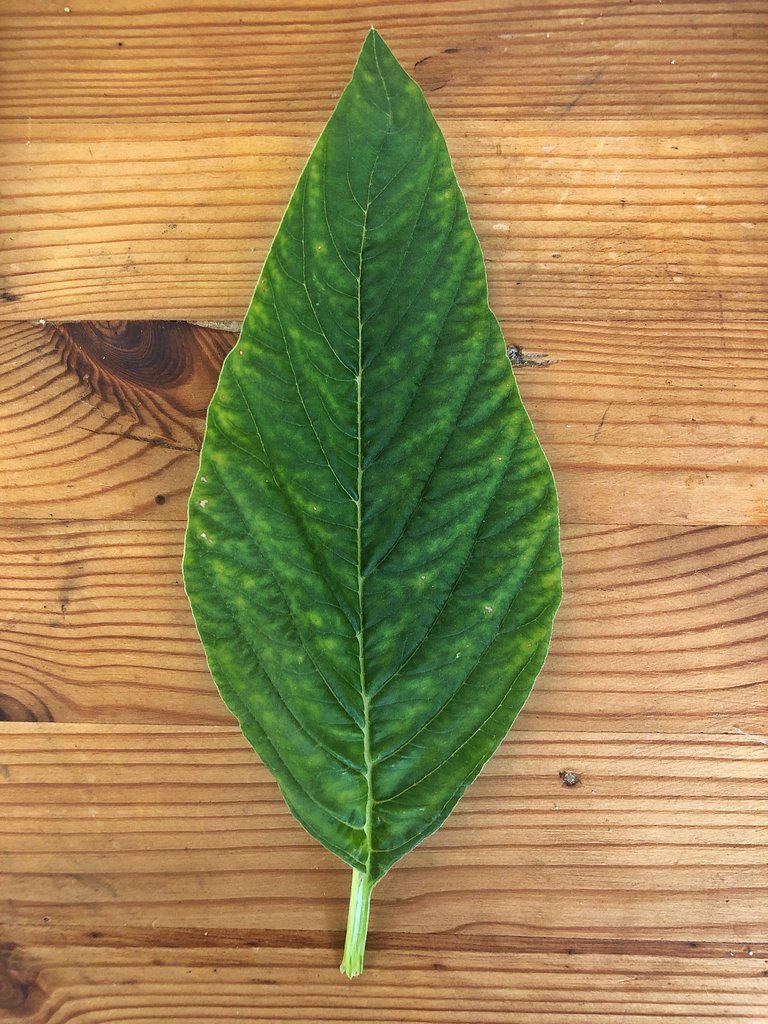
Some ideas stick with you. I have a couple of ideas from philosophers that always come back to me in my own thoughts. One of them, probably the one I go to the most, is Fredric Jameson's idea about nostalgia for the present. This is Chapter 9's title in his magnum opus Postmodernism. How I understand and read this idea is that we yearn for some fictional idea of the past in the present. That is, we have a romanticized idea of the past to which we yearn. Or in other words, our present self wants to live now in a previous era that we think was better. I think we all (from a western society) have had this idea at least once in our life: I would have loved to have lived in the times of Da Vinci, or on an ancient Greek island in the times of Greek proliferation, or whenever in the past. But the harsh reality is that those times were plagued by wars, sickness, violence, and the lack of most luxuries we today take for granted.
This is always a fun thought for those who yearn for the past. I myself, because of the poet inside of me, yearn to sit in a tree in the 17th century writing poetry. Or, I yearn for the days when people traded food with food, where food wasn't commodified and where money did not cause problems...
Okay but wait!
This is where I pull myself from these daydreams and I ask myself the simple question: was this ever how life was? Before attempting to answer this question, (A) I sketch a brief scenario of what I mean, (B) I then muse/think about history and how we are losing our own history, and (C) how this leads to what I use from Jameson, nostalgia for the present. (D) I conclude by viewing this through the lens of "Losing touch with reality" as a symbol of our times which I feel we need to critically engage with unless we fall even further into what I will call a "fictionalized present".
In short, I think we are "forced" to forget our pasts. This leads us to fantasize about a past that never was, and this has some dangerous consequences (at least psychologically) for us modern people. I link this with the modern craze for herbs and the general herbalist movement. (All my cards on the table, I am for this and I am practicing it myself.)
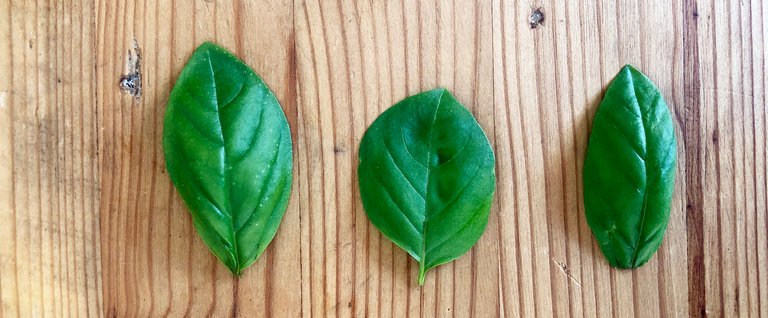
(A) Setting the Scenes: A Herbalist Scenario and a "Fictionalized Present"
In some sense, we live in what I call a "fictionalized present". What I mean by this, in some sense, corresponds to the idea of Jameson and others who write about our collective memory loss of the past. I take the idea of forgetting the past just a bit further with the idea of a fictionalized present. That is, I contend that we are currently living as if we never had a past. Various western countries are fraught with histories they would rather "forget" but also, by forgetting the past, in general, our present becomes one with a "given" nature. What I mean by this is simply that we as a collective and global society, in some sense, think of ourselves as "how history just played out". In other words, we take ourselves as examples of what history aimed at.
This is a rather heavy claim to make without much backing it up. I will return to this idea.
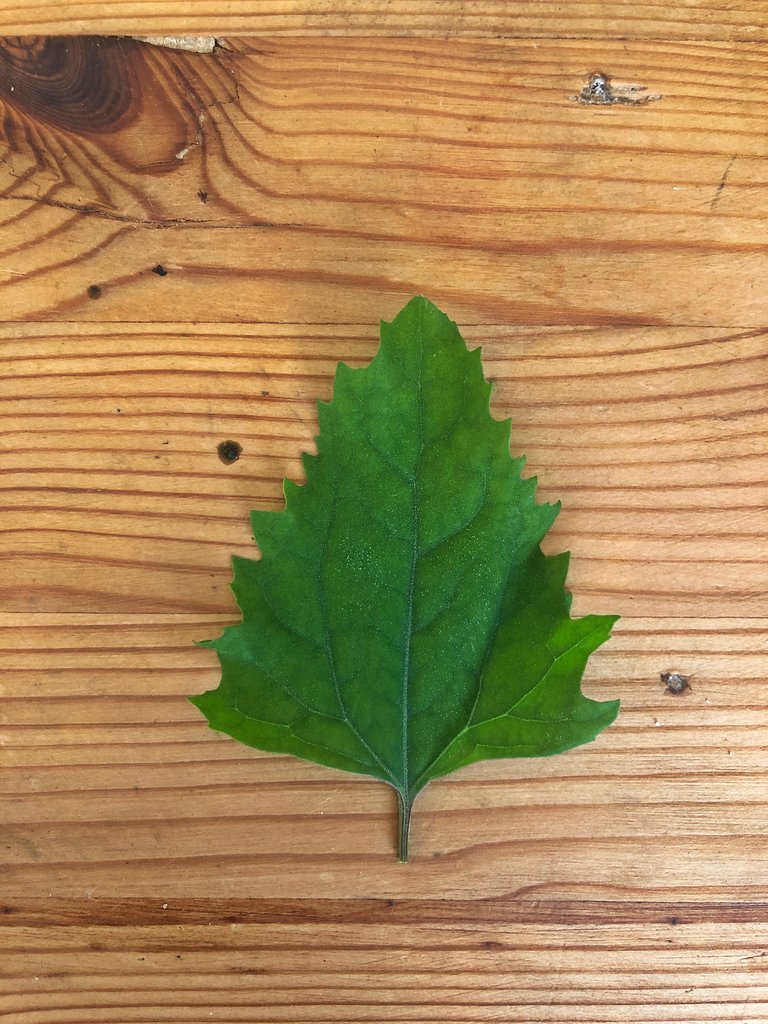
Take the following scenario. I walk in my garden and see different plants that can be classified as "weeds" or "herbs". I pick a bunch, maybe some basil or dandelion leaves, or amaranth leaves. The thought pops up in my mind:
This is food. Moreover, this is and has been medicine!
A further idea pops up in my head:
Why are we not farming these so-called quick-growing weeds? Why are we not using it medicinally but also culinarily?
And then the idea that spurred this post:
I wish we could go back to a simpler time where everyone grew these plants and used them for food and medicine.
But this idea, resting on various assumptions, got me thinking: when were these plants ever used in the way I fictionally thought about it? And then the kicker: I lost touch with my family's history of herbal usage, my dad never had any of that knowledge, his dad neither, and so on. Where did all the "history (read: knowledge) go?"
(B) Losing Our History, or Our Lost History
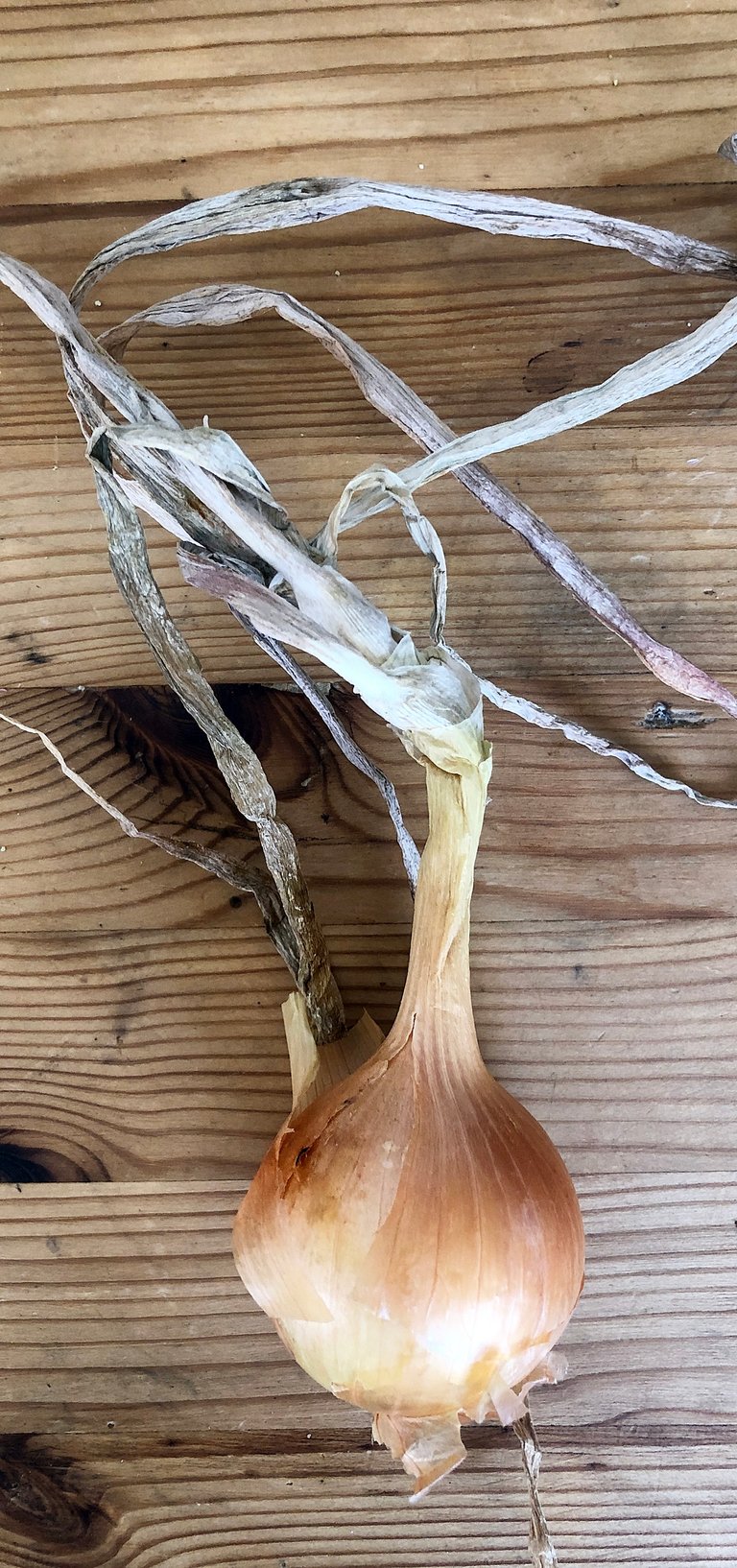
One can entertain sinister ideas: Our collective history is erased because it makes it easier to sell products to us/turn us into vapid consumers. Reading Jameson and his fellow philosophers, one might get these types of depressing/dystopian ideas. And at some times it really feels this way. It feels like capitalist systems want to turn us into mindless consumers that obey the laws of consumerism. Or, we might believe the old idea of "capitalism helps create a problem that was not there before but it then also sells us the solution!" What a bargain.
But there is a real worry to this losing our past: Knowledge is getting flushed with it. We might hold the sinister type ideas as I mentioned above, but what interests me is rather this idea that we are losing faith in science. (Even our language is imbued with religiosity when we talk about this!) I think this loss of faith in science goes hand in hand with our loss of history.
And I am a victim of this as well. Many a time I find myself skeptical of a medical intervention when I think there is a more natural and herbal solution. (Note: I am a philosopher, not a medical doctor, and when I voice my opinion in this regard, it is always in a dialogue form with a family member.) I immediately feel this pang of skepticism regarding the financial gain of the other parties, and so on. Sometimes it is good to have this mentality ("follow the money trail") but it is not always productive. Mainly because it will form an "either-or" or false dichotomy. And this leads to where we started: the idea of a nostalgia for the present.
(C) A Nostalgia for the Present and Herbalism
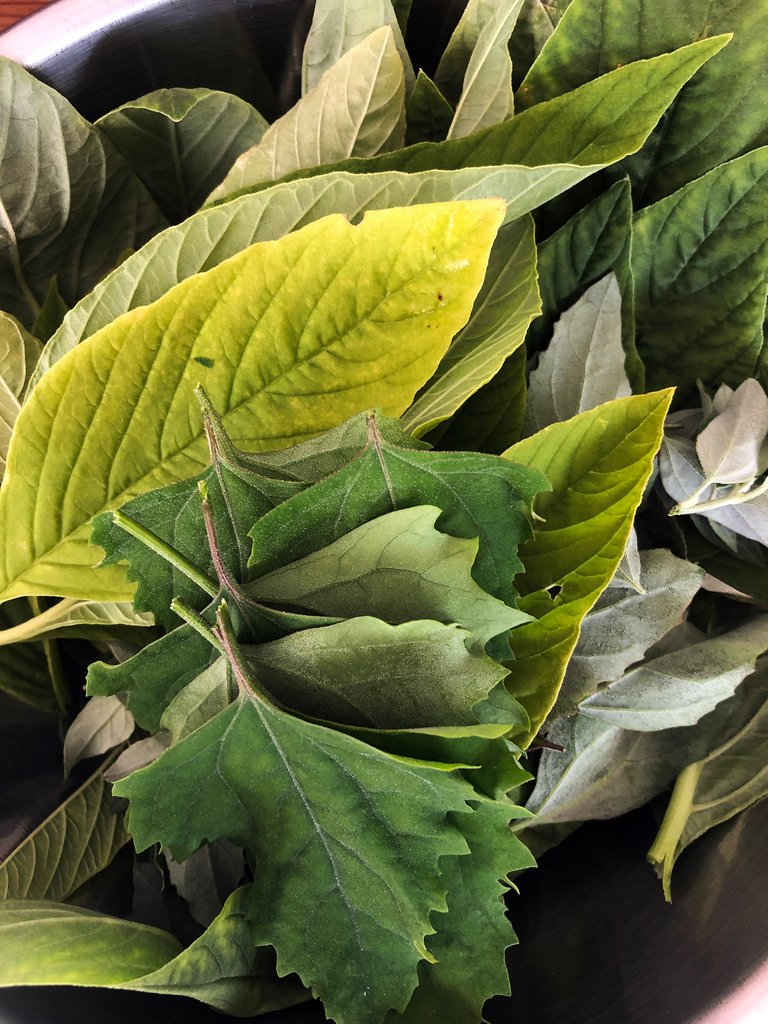
Science cannot do everything. It is not some type of magic. Neither are herbs. Our modern times are becoming all the more polarized. Even in my country, the divide between let us say red and blue is becoming all the more evident. And in some sense, this is fueled by this false dichotomous thinking. I link this with the loss of our past and loss of knowledge. Sticking with herbalism and modern medicine, we are living in unprecedented times in which we "trust" a faceless system with our health. But let us be careful here to not run into the trap of "big pharma = bad". This is not the argument I want to make here. What I want to claim here is far more serious: We are losing "practical wisdom".
And this loss of practical wisdom leads, in my own thoughts, to a nostalgia for the present. More explicitly, I fall into the trap of thinking that herbalism in the past was more valuable than our modern medicine. This sounds worse than it is, but simply what I want to claim here is that with our loss of practical wisdom, and our loss of kind of faith in the sciences, we yearn for a past (in the present) that leads to dangerous territories.
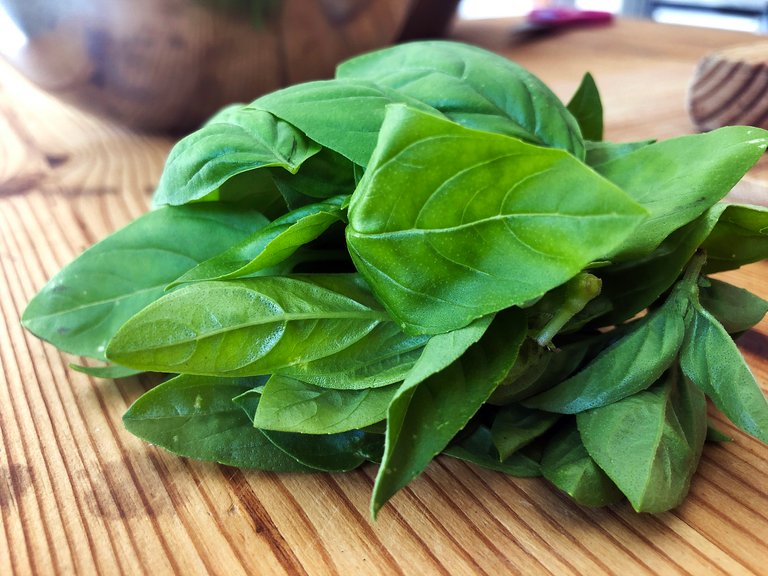
(D) "Losing touch with reality": A Dystopia with Controlled Herbs
South African author Alettie van den Heever wrote a dystopian novel titled Stof (translated as "dust"). The main plot of the novel is that most seeds cannot grow anymore, big corporations own the only viable seeds that are also dying, and one person who inherited a bunch of seeds needs to bring it to a "promised land" area. I like these types of novels, but this always paints big corporations in a bad light and "noble heroes" as saviors. Is this not similar to the false dichotomy today between modern medicine and herbs?
In any case, I think this leads us (or at least I think) into dangerous territories: we are losing touch with reality. By forgetting the past, and by yearning for a fictionalized past now, we are losing touch with reality. That is, reality being that modern medicine and herbalism cannot be compared, or put in an either-or relationship. I am guilty in so many aspects in this regard. But with this convoluted and voluminous post, I have tried to come to grips with why I think like this. And long story short, I link this to the loss of practical wisdom in general but importantly regarding herbs. Soon we will be in an era where, for example, all the local South African people living in the coastal region in the Fynbos biome will die with all their knowledge. Countless thousands of years' knowledge will die with the elderly because we did not trust in them but we trusted in the faceless system that looks after our health.
Again, this is not to draw up a false dichotomy between big pharma and herbalism. This is rather a call for the two to work together. Again, losing our history (read: knowledge) can lead us to yearn for a past before, say, big pharma and to see it as better. But this, as I also mentioned at the start, is not as ideal as most would think. Again, the call is rather for the two to work side by side.
This post is already too long. I am going to stop for now! Phew. If you read everything, thank you! If you skimmed over it and ended up here, hello! In any case, the musings are mine unless credit was given to someone else. And the photographs are also my own. This was a rather long Friday afternoon musing-rambling under the mask of philosophy! I hope you enjoyed it. Stay safe.
I have to admit, I skimmed a little, as I got a little lost at one point, though I get the gist of what you were trying to say.
I think any herbalist with any intelligence would not think in dichotomies - any that do, I distrust, such as a local naturopath whose Facebook posts constantly shout about Big Pharma being evil, and is guilty of a QAnon post or three. Science is a valuable system of knowledge that validates other understandings of the plant world - intuitive, practiced, passed down wisdoms. I think most of us might be attracted to past times because the present is failing them, and certainly when one follows the money it more often than not leads to evil - but the more you explore, the more you realise that herbalism is multi faceted and ever evolving. Scientific research is thin on the ground due to funding and vested interests, but that doesn't mean anecdotal evidence or very good analysis of the constituents of the plant to experiment personally with a remedy isn't valid either.
I think we all got so darn busy with the modern world we forgot to listen to our grandmothers/grandfathers/parents. And yes, they sold us the 'cures' with jingles and emotional manipulation that was irresistible. But now we're smarter, or at least more skeptical!
I was chatting to a young girl in Wholefoods the other day about plant medicines. I was about to write a post about it. Maybe next week. Bottom line was she was SO excited about learning about plant medicines but she didn't know where to start. I gave her some advice and she couldn't wait to put what I'd told into into practice. I don't think she trusted either way - she was just excited about the field of knowledge connected to the natural world that she KNEW was important and was drawn to. She was thinking about the future far more than the past - she was excited about learning over her life time and teaching her children about it. Nostalgia wasn't in her field of understanding or feeling. How refreshing that was!!!
I'm probably totally off point with what you were saying - just riffing on a few things I was thinking as I read.
I always appreciate and love your philosophising, @fermentedphil.
Don't worry. I sat through 4 weeks of daily zoom calls (in covid lockdown period) with my promotor of my thesis trying to explain my thoughts. I am not the clearest writer.
Oh, this is a wonderful way of putting it. I concur. And I would add that people selling "snake oil" also adds to this feeling of a present that fails them.
So true! But I would argue that it all starts with becoming more "aware" of things. That is, you actively engage with things around you, critical of science and herbalism, but also open to new things (in both science and herbalism). It is just that people in general are so "dogmatic" in all aspects of life. They search for "that one article that substantiates their beliefs". And they close themselves off to the myriad of other wonderful things out there.
Again, I concur! I wrote about this in a previous comment talking to someone else. We are losing so much wisdom that was accumulated over centuries because (i) we distrust non-scientific (i.e., not clinically studied) medicine or (ii) the elders die before they could write it down. I also want to add, in my country and region (Western Cape) so many older generation people with their knowledge of Fynbos medicine are dying without writing it up because of stupid stuff like racial tensions and old apartheid sentiment. Such a sad affair really.
That is wonderful! And best of luck to her. I think I found herbalism in a similar way. (i) Herbal hive sparked it all mostly, so THANK YOU so much for all the work you have done in this community, and (ii) I got really fed up with our supermarkets and their ever-shrinking variety of foods. So when I started researching indigenous produce, I found a myriad of common plants we can use for food and medicine! But my grandparents always told similar stories about plants so I got the nostalgia from them and their stories!
No worries! And thank you for the comment. Sorry for writing such a long-winded reply! Best of luck and thanks again for the awesome communities you and your team run!
Aw, thanks so much! Sounds like we agree on most things. I imagine me getting lost was because I need to read it a couple of times and was swept up in a busy day and didn't get a chance to really give your musings the credit they are most certainly due.
Yes! It drives me crazy. And very influenced by single narratives as well - they don't question. It's such a shame. I hear my own family doing it and it boggles me. I appreciate being a flexible thinker and open minded - it frustrates me when people believe one thing and just can't see it as part of a huge, huge, huge whole!
That's really interesting. It's sad how some old, tribal, indigenous knowledge isn't as widely shared as it should be, due to old traditions, tensions etc.
Exactly this! There is a book title I always reference, even though I never read the book and over the years I am not even sure it is the book title as it morphed, but I digress. The saying: It is a little bit more complicated than that. Trying to fit our "single narrative understanding" onto the world that is infinitely more complicated than that is the problem. There is an excellent quote from a herbalist on a YouTube video (that I lost haha), that goes something like: "If we listen to science about herbs and all the possible ways of getting poisoned (by things like oxalates), I would have died years ago". To me, and I can be wrong, science can only study things really in perfect conditions and in isolation. We do not, for example, eat foods that contain only oxalic acid, food contains so many other components that might offset the effects of, say, oxalic acid.
Oh yes. That's interesting in itself!!! For example, the ongoing debate about comfrey tea, or amanita mushroom fucking with your liver.
Yes! It's so complex. I was listening to an audio book that was talking about nutritional dark matter - there's a whole world of nutrients in plants we don't understand, not in isolation, and certainly not how they might work in combination with other plants. Let alone the way plants might, say, work in various ways. For example, one plant might start you up at the same time as slowing you down, or rev ME up but put YOU to sleep. No wonder science finds it hard to unequivocally say ANYTHING about plant medicines.
Oh and let us not even start about our gut microbiomes that differ so much! I mean, as you said, we can eat the same thing and our bodies can extract different things from them and this can influence us differently, and so on. The world of nutrition is actually so complex that I cannot fathom nutritional science and "nutritional experts" preaching their outmoded stories. In South Africa, the heart health association and one of the leading life insurance companies work together. They do a very good thing to get people active and they reward good behavior (which sounds like a good thing but is actually not good, but I digress) but their "nutrition model" is based on the "fat is bad and carbs are good" model. In their one pamphlet, we received they advise you to use up to a cup of sugar!! Just on the idea of gut microbiome, you are feeding the wrong bacteria with that much sugar, killing the "good" ones in the process and there you have a nightmare just waiting to happen.
Sorry, long reply just to state a simple thing: the impact of our diet on our microbiome and how this affects how the same food gets broken down and subsequently absorbed by different people, is a fascinating new world!
It seems that you are doing well with your posting income and I am relieved my friend.
Keep it up with your quality posts and hang in here.
Glad for you.
Thank you so much for everything! I am in debt, so please just shout whenever you want some bread (as that is the most tangent thing I can give at the moment!). I really appreciate what you did for me. Quality is the only ideal! Thanks again.
Now what's with the praising here? Friends are friends and that's all there is to it.
We haven't met for a long time, but life has kept us locked in the new coding course for the children and I am so glad that it has gone viral.
Have a look at it here;
https://www.netwerk24.com/netwerk24/za/distrikspos/nuus/teaching-learners-coding-20220119-2
Congratulations on the success! It is really impressive what you are doing. I am looking forward to whatever contribution I can make when the right time arrives! Until then, best of luck and I am sure things will only get better.
Well I am sure that the right time will come and I am also sure that you will come on board. Until then, look after yourself.
!BEER
Thank you so much, and you as well!
View or trade
BEER.Hey @fermentedphil, here is a little bit of
BEERfrom @papilloncharity for you. Enjoy it!Do you want to win SOME BEER together with your friends and draw the
BEERKING.Congratulations @fermentedphil! You have completed the following achievement on the Hive blockchain and have been rewarded with new badge(s):
Your next target is to reach 12000 upvotes.
You can view your badges on your board and compare yourself to others in the Ranking
If you no longer want to receive notifications, reply to this comment with the word
STOPTo support your work, I also upvoted your post!
Check out the last post from @hivebuzz:
Support the HiveBuzz project. Vote for our proposal!